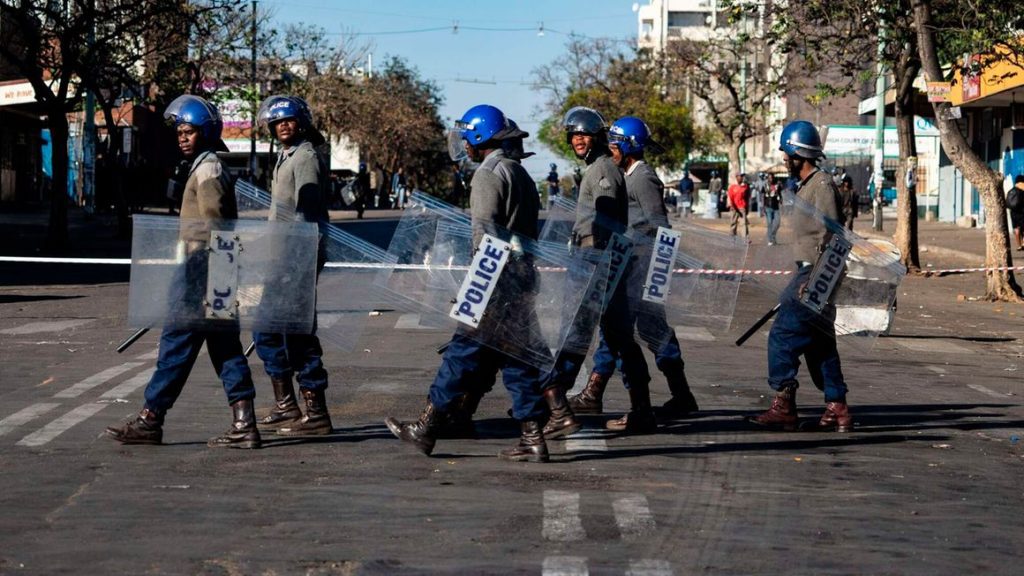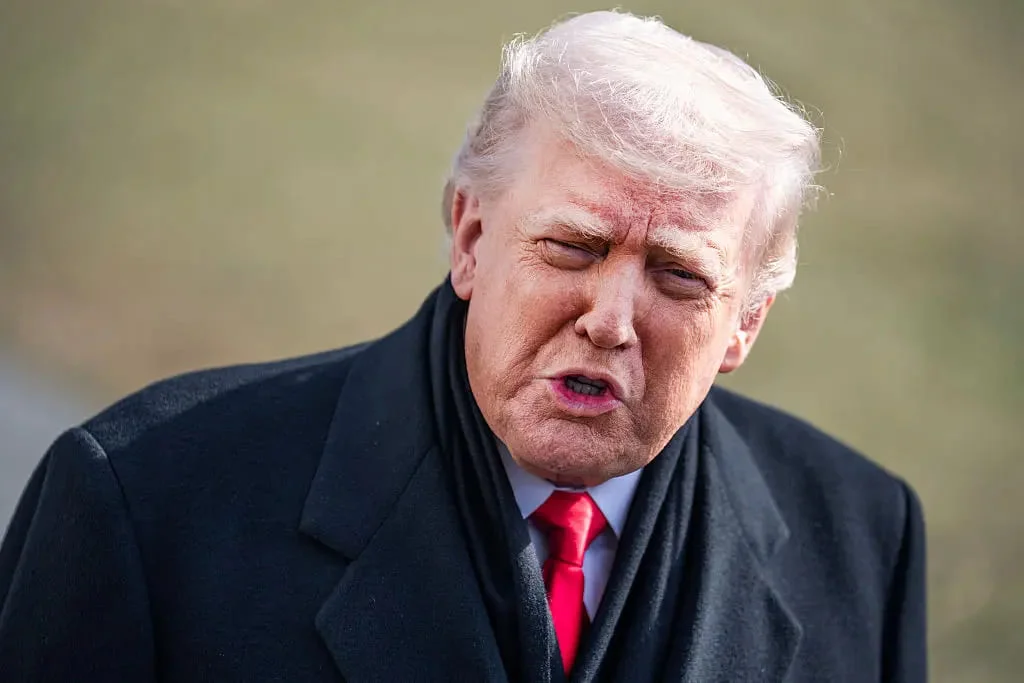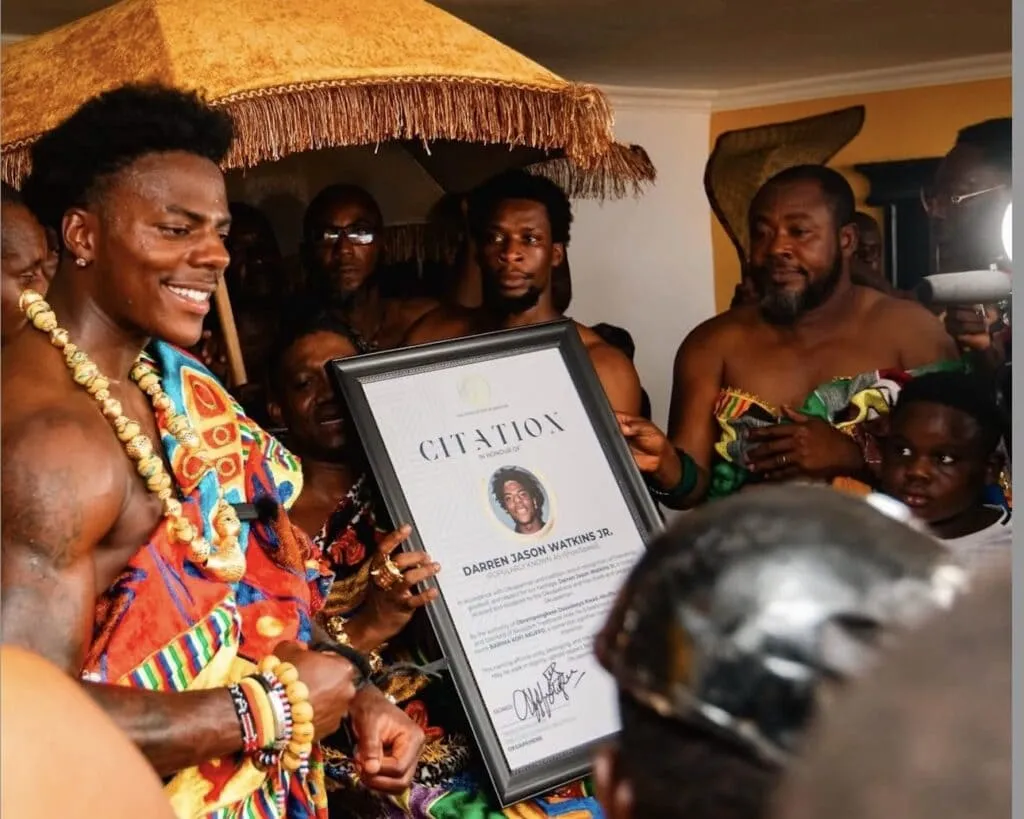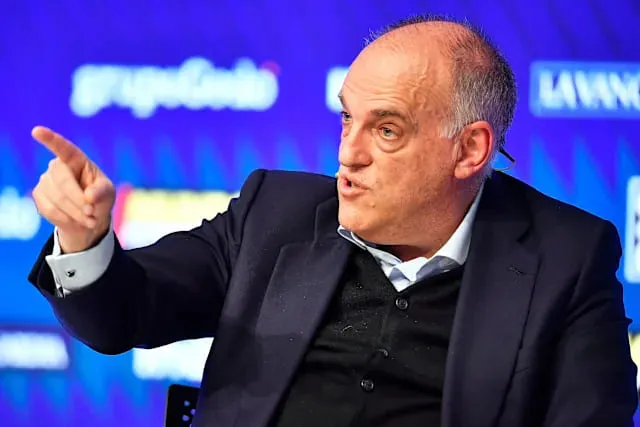A Ugandan tourist, Tom Ssekamwa, who spent 24 days in a Zimbabwean prison for possessing a sex toy, is now awaiting deportation after being acquitted of all charges. Ssekamwa, 24, was arrested in Masvingo, a city 292km from Zimbabwe’s capital, Harare, alongside Czech tourist Lucas Slavik on August 2.
The arrests took place during a government crackdown on dissent in the lead-up to a regional summit, where over 200 opposition and civil society activists were detained on accusations of plotting to disrupt the event.
Ssekamwa was charged with criminal nuisance and violating the Censorship Act after police discovered a rubber male organ in his bag. However, the magistrate, Isaac Chikura, ruled that possessing the item did not harm the public or cause any disturbance, as it was found in the tourist’s private luggage with no intent to display it in public. Both charges were dismissed, and Ssekamwa was acquitted.
His lawyer, Knowledge Mabvuure from Zimbabwe Lawyers for Human Rights (ZLHR), stated that Ssekamwa is now in the custody of immigration authorities, waiting to be deported. However, there is a delay as he needs to purchase his own plane ticket, and his phone, which holds access to his funds, is still in police custody. The legal team is working with authorities to resolve the matter.
Meanwhile, Ssekamwa’s travel companion, Lucas Slavik, was charged with incitement after recording a video highlighting the lack of water and electricity in Masvingo. Although he was acquitted of a criminal nuisance charge and deported last week, the arrest underscores the country’s broader efforts to suppress criticism ahead of the Southern African Development Community (SADC) Summit.
Zimbabwe has been grappling with long power cuts, often lasting more than 18 hours a day, due to a drought affecting hydropower generation from the Kariba Dam.
Roseline Hanzi, also from the ZLHR, expressed concern that such incidents could damage Zimbabwe’s reputation as a tourist destination. She noted that these arrests might have broader international implications, as countries like the Czech Republic could explore legal avenues to protect their citizens’ rights under international law.
The government defended its crackdown, stating it had received intelligence suggesting activists were planning protests to disrupt the summit. Christopher Mutsvangwa, a spokesperson for the ruling Zanu PF party, said that with the summit concluded, many of the detained activists would soon be released.
President Emmerson Mnangagwa, who took power after a military coup in 2017 that ousted long-time leader Robert Mugabe, has faced criticism for continuing authoritarian practices, with some claiming he is even more repressive than his predecessor.























